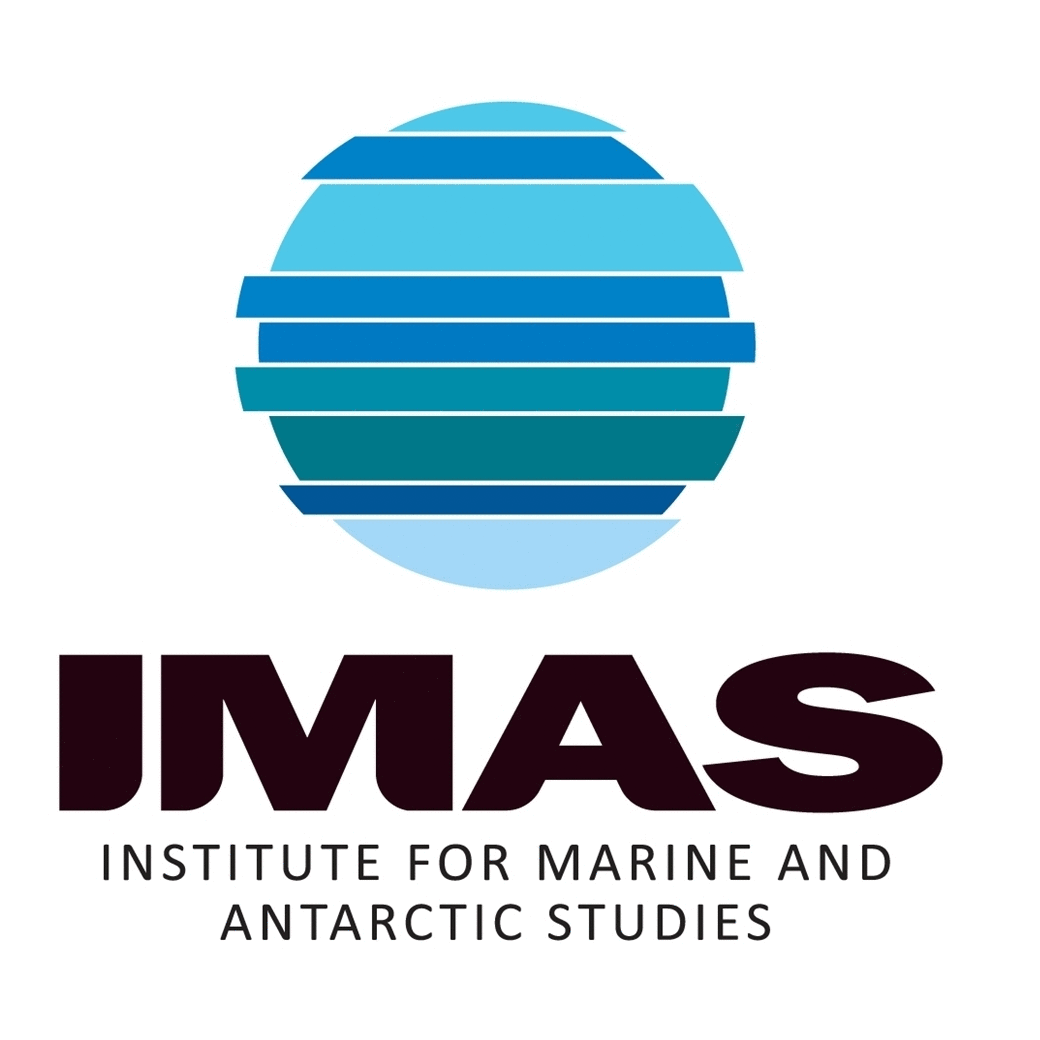water quality
Type of resources
Topics
Keywords
Contact for the resource
Provided by
Years
-

This record provides an overview of the NESP Marine and Coastal Hub project "Ecological outcomes of wastewater discharges in contrasting receiving environments". For specific data outputs from this project, please see child records associated with this metadata. -------------------- Australia’s Waste Policy Action Plan, Threat Abatement Plan for the impacts of marine debris and Australia’s One Health Master Action Plan all refer to the need for emerging pollutants to be incorporated into contaminant guidelines. Wastewater treatment plants currently report on a limited number of contaminants and lack consistent testing requirements. NESP MaC Scoping Study 1.16 has determined there is a clear and consistent need for data on environmental concentrations of emerging contaminants and an assessment of their impact on ecological communities. This project aims to determine the concentration of emerging pollutants in different wastewater outfall settings, and assess where environmental impacts are greatest. It will also continue to collate, analyse and maintain the information from Water Treatment Authorities on outfall flows, pollutant concentrations and loads and presented annually within the National Outfalls Database. Outputs • Measures of CEC (contaminants of emerging concern) in water samples taken from outfall sites [dataset] • Final project report [written]
-

This record provides an overview of the NESP Marine and Coastal Hub scoping study - "Research needs for assessment and monitoring of nutrients, chemicals and antimicrobials in the marine environment". No data outputs were generated by this project. -------------------- Water quality can be impacted by a large suite of chemical and microbiological contaminants introduced from a variety of sources. There are a number of emerging contaminants and broad ranges of point sources, including a variety of chemical (e.g. heavy metals, pharmaceuticals, pesticides, nutrients) and microbiological (e.g. pathogens, antibiotic resistant microbes) contaminants that are discharged in sewage, stormwater, estuarine flows and industrial wastes. This project will involve a desktop scoping study to collate relevant datasets and current water quality monitoring goals and activities; engage with key stakeholders through workshops, interviews, and surveys to further define priorities; and conduct a risk assessment to assess impacts to marine and coastal water quality. This project will deliver a clear framework for highlighting knowledge gaps, future research directions and water quality management priorities. Outputs • Final technical report with analysed data, including survey outcomes and a short summary of recommendations for policy makers of key findings [written] ---no data outputs were generated by this project---
 IMAS Metadata Catalogue
IMAS Metadata Catalogue